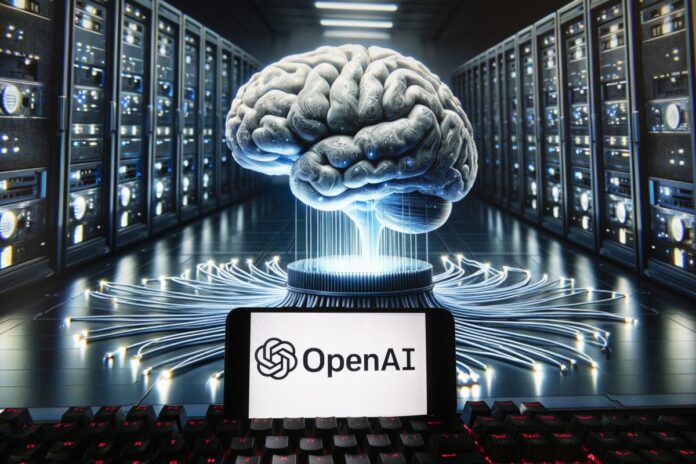In the world of AI chatbots, one of the major limitations has been the lack of memory. Once a conversation ends, the chatbot forgets everything discussed, making it challenging for the technology to evolve into a true digital assistant that can provide personalized assistance.
However, OpenAI is addressing this issue by introducing a memory feature to ChatGPT, allowing it to recall important details from past conversations and apply that context to current queries.
The memory feature in ChatGPT enables users to instruct the chatbot to remember specific information, such as allergies or personal preferences. This data is then stored and utilized in future conversations and tasks.
[ Apple’s Latest Vision Pro Update Enhances Realism Of ‘Persona’ Avatars ]
Furthermore, the system also learns over time, naturally storing data as users interact with it. The ultimate goal is for the chatbot to become more intelligent and attuned to each user’s individual needs.
OpenAI provides an example of a custom GPT called Books GPT, which can remember the books a user has read and their preferred genres.
This showcases the potential of the memory feature to enhance the user experience and provide tailored recommendations. The introduction of this feature opens up new possibilities for the diverse range of chatbots available in the GPT Store.

While the concept of chatbot memory may seem similar to how personal data is stored by apps, websites, and social networks, it is important to address privacy concerns. OpenAI acknowledges these concerns and emphasizes that users will have control over ChatGPT’s memory.
The system has been trained not to automatically remember sensitive topics, such as health data. Users can also instruct the chatbot to forget specific information, and OpenAI has included a Manage Memory tab in the settings for more nuanced adjustments.
Ultimately, users have the option to disable the memory feature if they are uncomfortable with it. It is worth noting that the memory feature in ChatGPT is currently in beta and will initially be available to a limited number of free and Plus users.
OpenAI plans to share further details about a broader release in the future. As this technology continues to develop, it is intriguing to consider the potential impact of AI chatbots with enhanced memory capabilities.
Catch up with the latest news from The Times Post on WhatsApp by following our channel. Click here to join.















